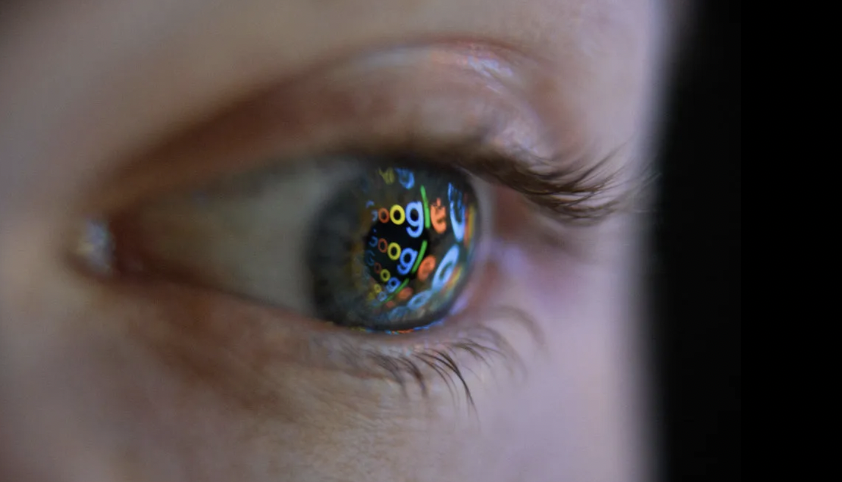I recently learned about the concept of confirmation bias, and it completely reframed how I think about the way we consume information and form opinions. Confirmation bias is a type of cognitive bias that refers to our natural tendency to favor information that supports our existing beliefs and to dismiss or undervalue information that contradicts them. Whether we realize it or not, this bias influences our perceptions, decisions, and everyday interactions.
Confirmation bias shows up in countless areas of life. One of the most noticeable is how we consume the news. Many people seek out media outlets that align with their political or social views, subconsciously avoiding sources that may challenge their stance. This creates echo chambers where only similar views are amplified, making it harder for us to understand or empathize with those who think differently. These echo chambers shape how we interpret the world around us.
What surprised me is that confirmation bias doesn’t just affect people; it can even be found in artificial intelligence. AI systems like ChatGPT are trained on datasets generated by humans, and they can inherit the same patterns of thinking, including cognitive biases. A recent study showed that AI can reflect human-like overconfidence and confirmation bias because of the way it's trained.
Learning about confirmation bias helped me realize how easy it is to get trapped in a cycle of self-affirmation. Whether it’s scrolling through social media, watching YouTube videos, or reading articles, we’re constantly presented with opportunities to choose what we see, and often, we choose what makes us feel "right." This pattern is dangerous because it makes it harder to grow. It closes us off from learning new things and evolving our perspectives.
Understanding this bias is especially important in today’s world, where we're bombarded with information 24/7. If we're not intentional, it’s easy to mistake familiarity for truth. Being aware of confirmation bias encourages us to pause and re-evaluate. Are we seeking out other viewpoints? Are we truly open to changing our minds? Are we surrounding ourselves with people who challenge us, or just those who agree with us?
Ultimately, recognizing and addressing confirmation bias is about building intellectual humility. It’s about staying curious instead of being comfortable. It’s a reminder that while our brains are wired for efficiency, real understanding comes when we stretch ourselves beyond our comfort zones and take in ideas that might not fit neatly into what we already believe. That’s where growth happens.


